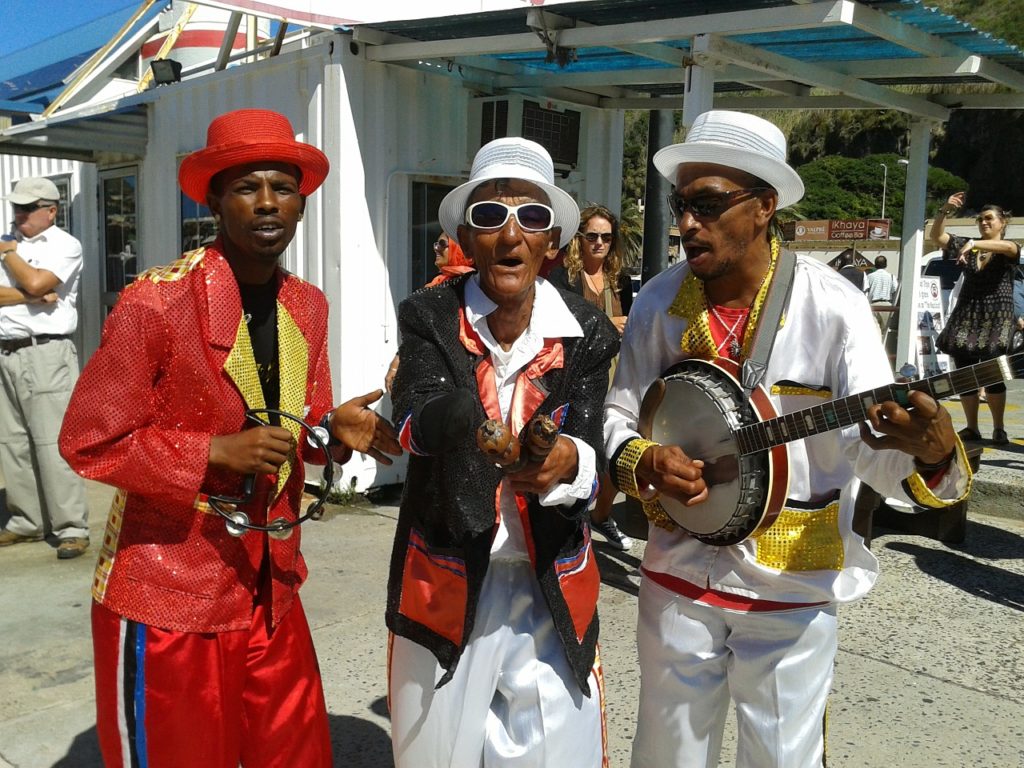
An unknown composer finishes her song just after sunset. The last note is set upon the staff with eager anticipation. She can play it now in its entirety and listen as she does for any incongruity in the arrangement.
She starts softly on the introduction with the bass keys droning as the right hand sets an ethereal mood. The song begins in earnest as the melody of the first verse comes in somewhat ominously. The tension builds slowly to the end of the verse with plenty in reserve. Verse two repeats the rise with just a bit more emotion in the end. The chorus angles off in another direction with even more energy, but lighter. By the end of the third verse and the final chorus, a dramatic crescendo delivers a message of hope in answer to the warnings of the earlier verses. The ending is so strong she is overcome and tears roll down her face.
The light pouring through the studio windows is golden. She knows her work has hit the mark. She has a sense of satisfaction with a hint of enthusiasm. She has to play it again…and again.
Crafting Joy
What is it that makes creation of art so enjoyable? It may seem absurd to even ask the question. It’s akin to asking, “Why do we love this newborn so dearly?” Let’s see if there’s something of value to know on the subject.
There’s at least one study showing creative art activity increases blood flow to the brain’s prefrontal cortex which, among other things, is a reward center. Dopamine is released into the blood stream to bring a feeling of pleasure.
Not all effects of creating art are so easily measured by release of a neurotransmitter in the brain. Yet, these effects are documented. In a study by Psychology of Aesthetics, Creativity and the Arts, participants helped researchers determine that a feeling of sadness could be alleviated by creating art not related to the source of the sadness. If nothing else, making up a story in whatever form is a distraction from a painful preoccupation.
In fact, a study published in Journal of Clinical Psychology promoted the idea that writing down our problems in story form tends to make the issues better understood and more manageable. I guess I’ve done that when writing fiction, though I wasn’t directly addressing those problems and they weren’t a primary component of the piece. Writing about my problems in my journal, while not in story form, has definitely had the effect of improving my understanding of these issues and helped me work out how to handle them. It isn’t exactly art, but in reality I feel I’m making art when I write a sentence or paragraph in whatever context.

Playing and composing music have been found by researchers to be beneficial to the brain in the realm of cognitive function, even enhancing abilities relating to memory, study and language. It’s also known that endorphins are released when playing music. This could explain why making music with others can result in a feeling of well-being. These are findings of legitimate scientific studies. As a matter of opinion, though, I would submit that generating the rhythms of music puts a musician in the moment and thus in connection with the rhythms and energies of the universe. That has to be a source of joy, right?
Other Benefits
An increase in self-esteem. The sense of having accomplished something is key.
Being more attentive. As a visual artist, it’s necessary to notice such environmental details as body positions, how moving water looks and the contours of rock formations. As a choreographer, motion and grace must be observed. The fiction writer, playwright and others learn about people and everything that goes with them. Every type of artist will develop observational skills that help them become better at their craft.
Problem solving. Working on a project in the arts will usually lead a person into trouble. They believe it’s going along swimmingly when suddenly they realize it isn’t. As a writer, I can “paint myself into a corner.” The progression of the story can render the plot impractical sometimes. Or a painter might find the shape of the face hasn’t left room for that long nose. We find ourselves having to resolve the issue if we’re going to finish the piece. The more of these we handle, the stronger our confidence and ability to deal with difficult situations becomes.
Feeling Good
Having talents and skills are common to us all. Everyone has some unique ability. I am grateful that I’m drawn to the arts and I can give at least a small measure of enjoyment to others. There’s the most important payoff.
